Our new paper in Ecology Letters explores the potential links between aquatic plant invasions and the global proliferation of vector mosquitoes
onlinelibrary.wiley.com/doi/epdf/10....
Assessing the role of plant invasions in mosquito-borne disease risk
Plant invasions transform ecosystem structure, but can they promote insect vectors and associated disease risks?
Deadline 21 November 2025
www.gla.ac.uk/postgraduate...

by Ross N. Cuthbert — Reposted by: Julie L. Lockwood
nsojournals.onlinelibrary.wiley.com/doi/10.1002/...

We are unravelling the insect vector composition and disease risk in Northern Ireland for the first time in decades, with temperate areas increasingly at risk
www.itv.com/watch/news/m...
Using ~3000 North American fish communities, we show that native relatatedness promotes non-native establishment, but invasion richness links more strongly to human drivers
www.science.org/doi/10.1126/...

by Ross N. Cuthbert — Reposted by: Emili García‐Berthou
The conference theme is "Transcending Boundaries", considering habitats, disciplines, regions, and research-policy interfaces
Deadline: September 26, 2025
icais.org/icais-2026/c...
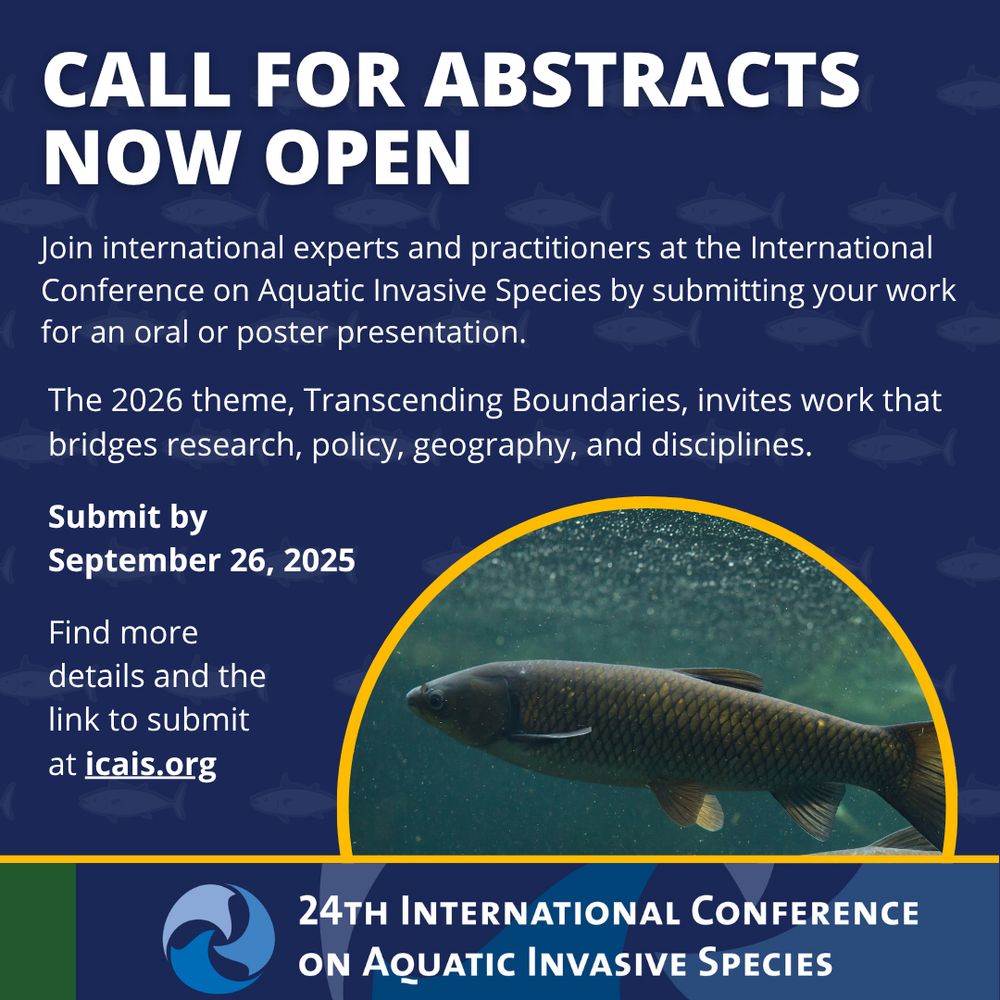
This new paper proposes the expansion of the dynamics of relativity theory into evolutionary changes from natural selection:
papers.ssrn.com/sol3/papers....
Reposted by: Ross N. Cuthbert
www.nature.com/articles/s41...

Reposted by: Ross N. Cuthbert, Julie L. Lockwood, Emili García‐Berthou
#MarineBioinvasions #bioinvasions #MPAs
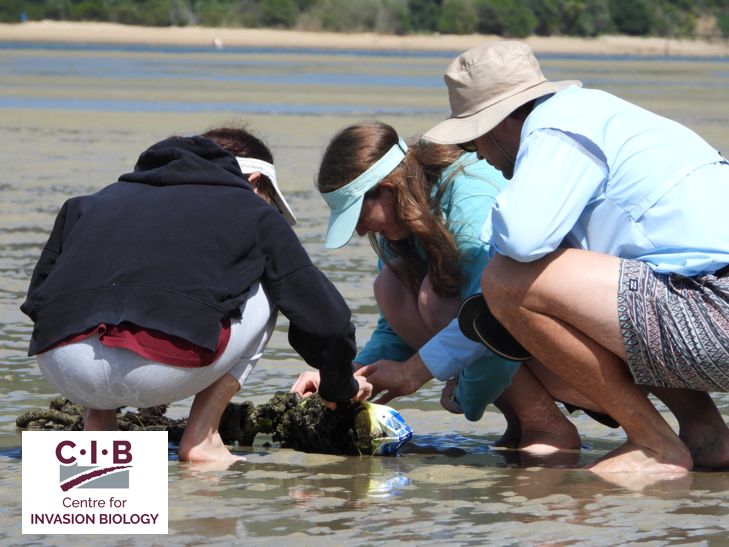
Reposted by: Ross N. Cuthbert
You can report mosquito sightings in Scotland -
www.mosquito-scotland.com
Reposted by: Ross N. Cuthbert


Reposted by: Ross N. Cuthbert
www.nature.com/articles/s41...

An exciting collaboration with the inspiring @mosquitoscotland.bsky.social team
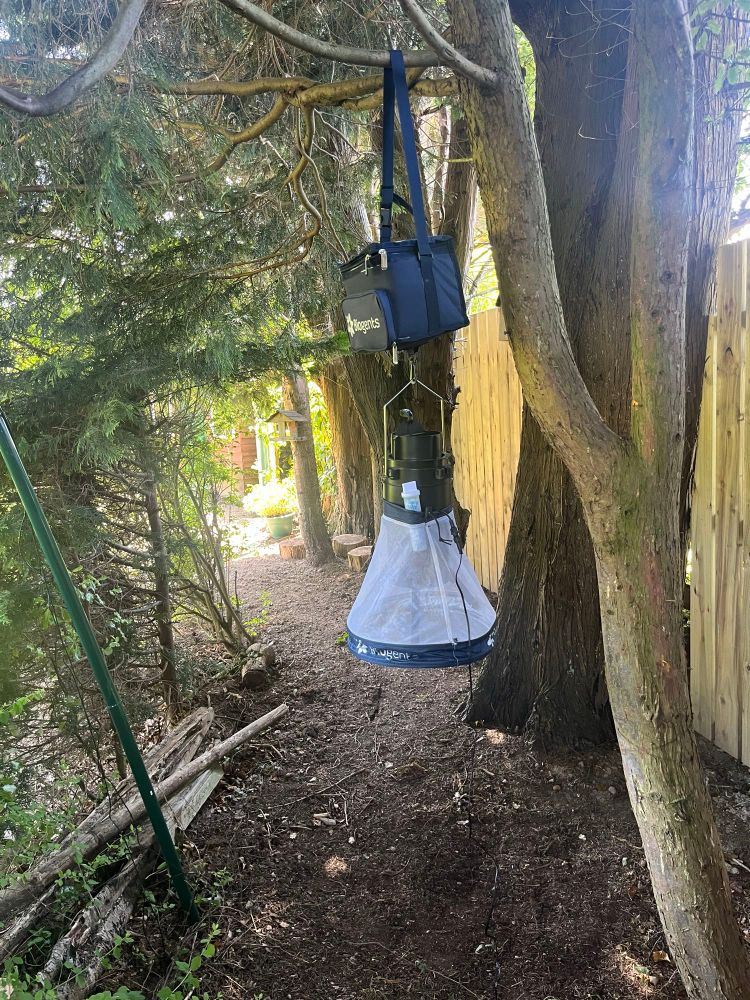
Reposted by: Ross N. Cuthbert, Aníbal Pauchard, Ivan Jarić , and 1 more Ross N. Cuthbert, Aníbal Pauchard, Ivan Jarić, Belinda Gallardo
joom.ag/mIjd
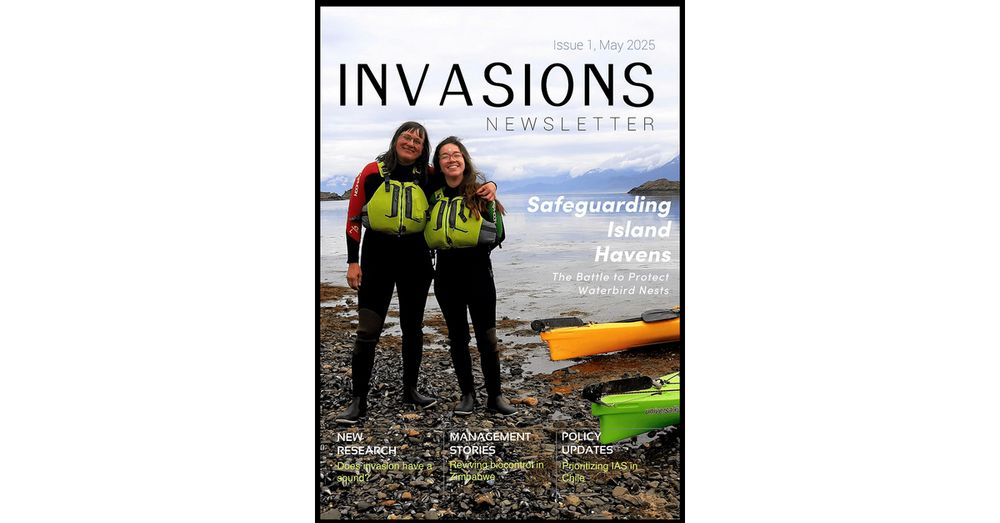
Reposted by: Ross N. Cuthbert
by Ross N. Cuthbert — Reposted by: Anthony Ricciardi
We propose a new framework fusing ecology, evolution, and economics to predict costly invasions for different sectors using biological and economic characteristics
Find out more here: www.cell.com/trends/ecolo...

We are hosting the next ICAIS on campus at @qubelfastofficial.bsky.social in 2026 — find out more here: icais.org
Our latest review unpacks this interaction, towards more coordinated and integrative management strategies.
esajournals.onlinelibrary.wiley.com/doi/10.1002/...




Reposted by: Ross N. Cuthbert
doi.org/10.3897/neob...

Reposted by: Ross N. Cuthbert
#ClimateAction #Research

Reposted by: Ross N. Cuthbert
Join us October 7–9, 2025, in Funchal, Madeira Island, #Portugal for a gathering of experts, researchers, and ocean enthusiasts tackling #marine #bioinvasions!
🔗 Register now: marinebioinvasions.info/register

Reposted by: Ross N. Cuthbert
Excited to share my first first author publication!
@rosscuthbert.bsky.social @fengzhihe.bsky.social
onlinelibrary.wiley.com/doi/full/10....
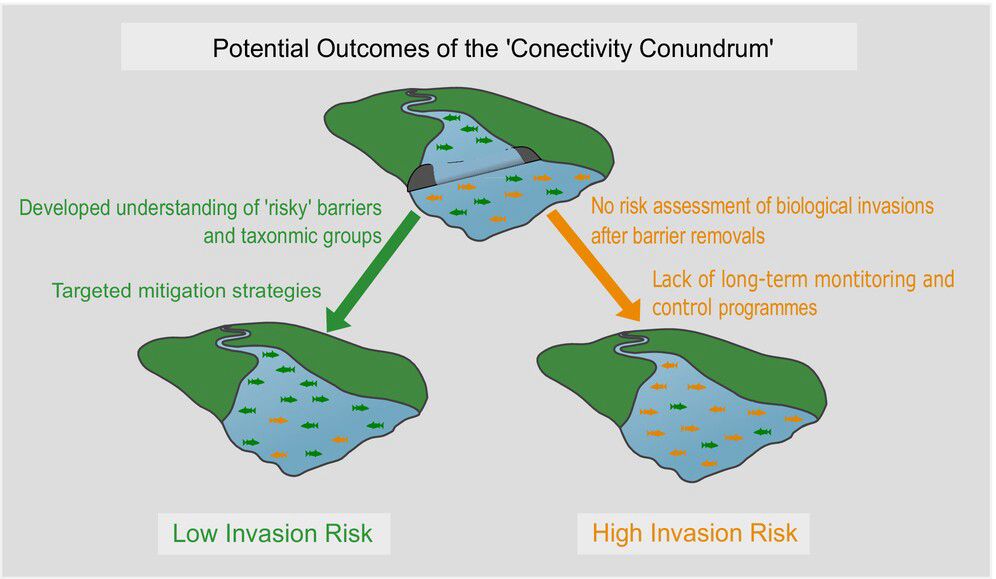
Reposted by: Ross N. Cuthbert
💡This was found by international researchers led by Dr Elizabeta Briski (GEOMAR). The study is published today in the journal Ecology Letters.
🔗 www.geomar.de/en/news/arti...
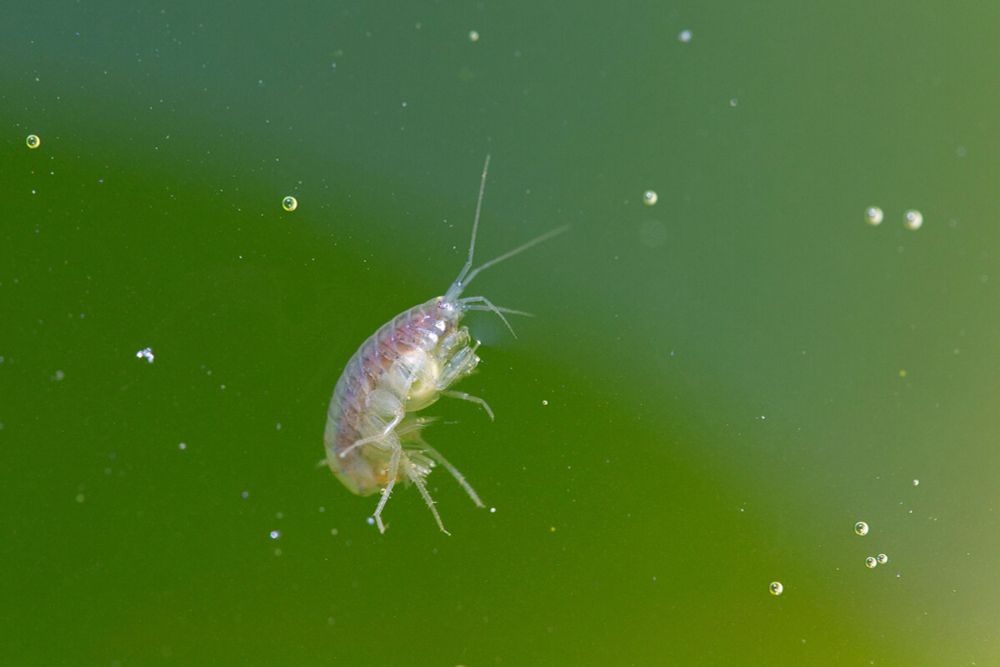
This has implications for potential ‘rescue populations’ in conservation, as well as invasion success between urban centres
onlinelibrary.wiley.com/doi/full/10....

by Franck Courchamp — Reposted by: Ross N. Cuthbert
www.youtube.com/watch?v=cIJK...
@rosscuthbert.bsky.social

Reposted by: Ross N. Cuthbert

Reposted by: Ross N. Cuthbert


